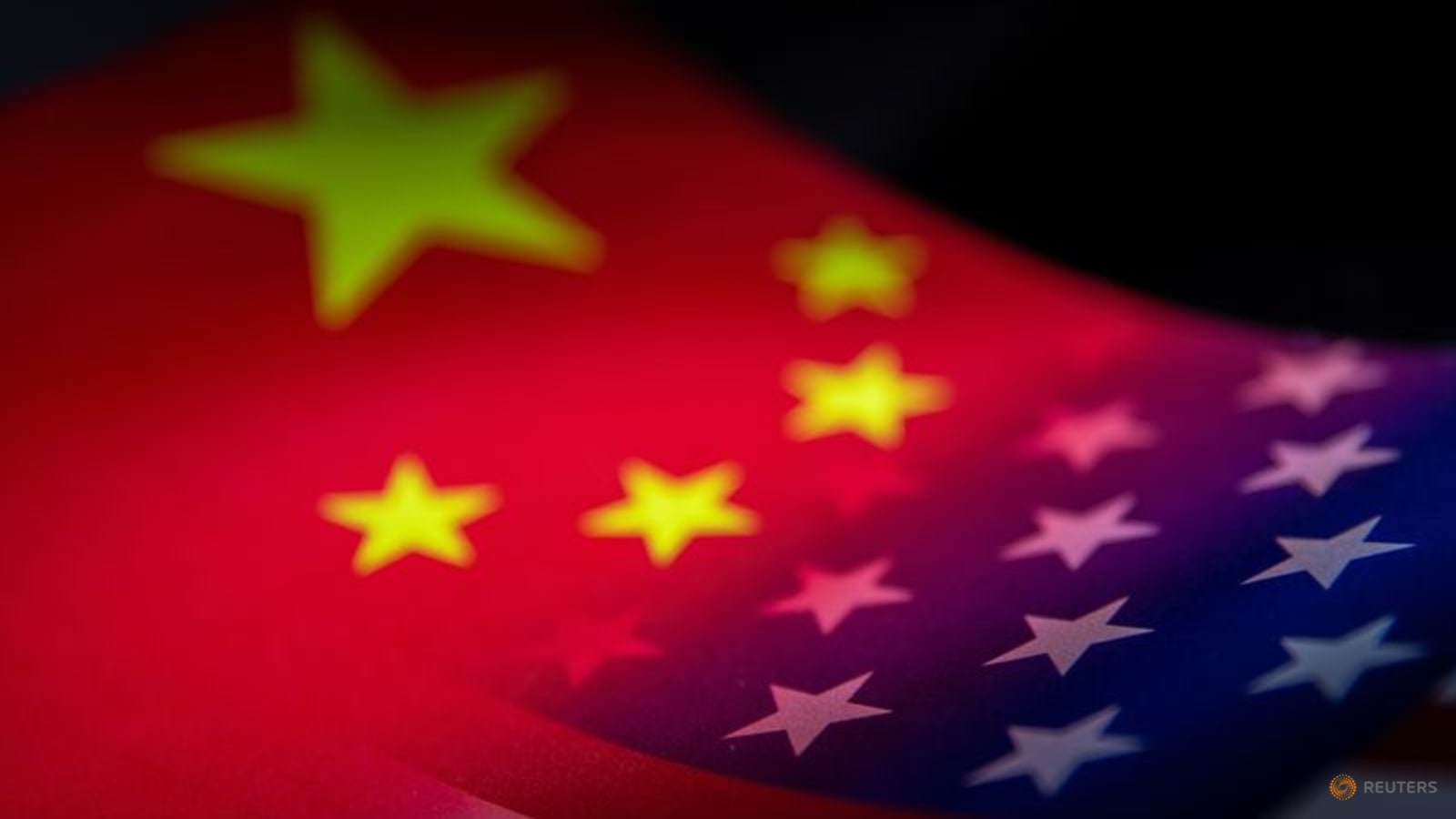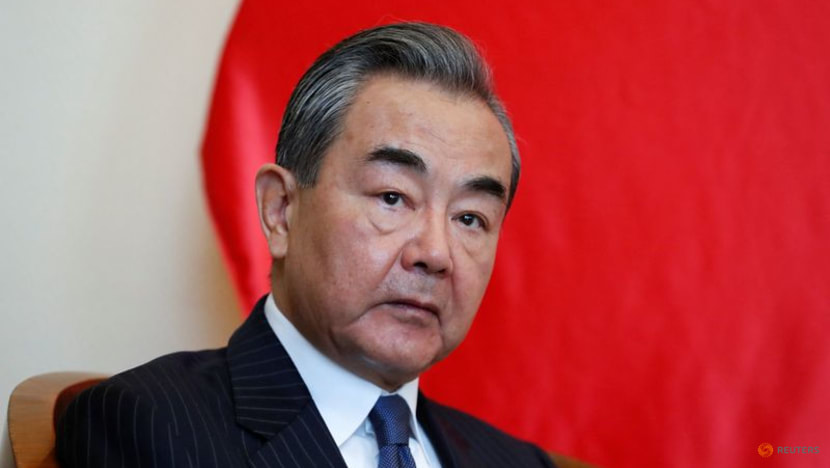
China and the United States are already in the early stage of a new Cold War, and have to make a decision whether to escalate it further into actual confrontation, or embrace peaceful development for all, said analysts on Tuesday (Mar 7).
Dr Victor Gao, chair professor at Soochow University and vice president of the Centre for China and Globalisation, told CNA that it is “absolutely necessary” for the two superpowers to do their utmost to “maintain healthy, steady and constructive” relations.
Earlier on Tuesday, China’s Foreign Minister Qin Gang gave his first news conference in his new role, during an annual parliament session in Beijing. The former ambassador to the US took over the role at the end of December.
Mr Qin said the Taiwan issue is a matter in which no other country has the right to interfere, and that the US has been engaging in suppression and containment of China rather than fair or rules-based competition.
A COLD WAR MENTALITY
“I do think that actually we are already in a kind of early stage of a new version of the Cold War. And China does not really deny that,” said Dr Chen Gang, assistant director of policy research and senior research fellow at the National University of Singapore’s East Asian Institute.
“But I do not think that the new minister Qin Gang thinks that that will serve China’s core interest (and) strategic interest, because China still needs a kind of peaceful and stable international environment in which it can develop its economy and achieve its long-term development goals,” he told CNA’s Asia Now.
Dr Chen noted that Mr Qin’s responses to reporters’ questions signalled that the East Asian superpower actually feels pressure from the US and other western countries, and is aware of the “very tough international situation” it faces.
Dr Gao said that Mr Qin’s words highlighted the turning point the world is at.
The world can either pursue “peace and stability and development and prosperity for all”, or escalate the rivalry into a conventional war from here, he said.
“China wants to promote peace with its neighbours, with all the other countries, including with the United States,” he added.
Dr Cheng noted that the Chinese government is putting more focus on diplomacy rather than security or military actions, as seen in its defence budget’s growth rate remaining constant, while its diplomacy expenses are set to rise by more than 12 per cent.
ON TAIWAN
When answering a question on Taiwan during the press conference, Mr Qin had held out a hard copy of the Chinese Constitution and referred to it.
Dr Gao said the document “clearly defined Taiwan as part of China”, and said that Taiwan’s legal status could be traced back to the Cairo Declaration of 1943 and the Potsdam Declaration of 1945, which “formed the cornerstone of the framework for the unconditional surrender of imperialist Japan”.
He added that the US should not think it can “pull some kind of a magic wand to make the Chinese territory non-Chinese” and violate China’s sovereignty and territorial integrity, while contrastingly defending that of Ukraine.
“By promoting the so-called independence and separatism of Taiwan, Washington is playing with fire and they need to be aware of the legal, military, economic and political consequences,” he said.
Dr Chen said that while Mr Qin is not an expert on Taiwan – unlike his predecessor Wang Yi who was previously head of the Taiwan Affairs Office – he was formerly the country’s ambassador to the US.

When handling a relationship with the US, Taiwan was surely an issue that he would have had to face, explained Dr Chen.
Dr Gao said the US would be concerned that if China surpasses it on the global stage, it would “try to sideline the United States and impose the Chinese political system, ideology or values”.
However, he said that a strong China would not do so, and instead wants to deal with all countries as equals.
He said that as Washington analyses everything that Foreign Minister Qin Gang said, fundamentally and philosophically, “they need to come to the conclusion that China is not an enemy of the United States”.
“The peaceful rise of China is not to be stopped, and actually it will create a lot of opportunities for business people and communities in the United States,” added Dr Gao.
ON RUSSIA
Dr Chen said that China’s geopolitical plan on the Ukraine war has been to remain neutral, while still developing its economic and technological ties with Russia.
“These days we see that China does see Russia as a kind of leverage over the United States and other western countries,” he said.
He noted that Mr Qin’s background as ambassador to the US means one of his strengths is his ability to handle the complex relationship with the United States.
“We do see his remarks focusing on power politics, which means that China would try to leverage other big powers in its relationship with the United States.”
Dr Gao noted that China and Russia have had “good neighbouring relations” since 1991, and that has been a major factor contributing to global peace and stability.
The two countries share a border running for more than 4,300km, he said, so the state of their relationship affects the stability “in Asia as a whole and on the Eurasian continent at large”.
“China has always been standing by the side of peace, urging peace, urging diplomacy and negotiations and offering goodwill, offering intermediary positions to both Russia as well as Ukraine, trying to urge them to sit down at the negotiation table to talk about peace rather than continuing with the war,” said Dr Gao.

